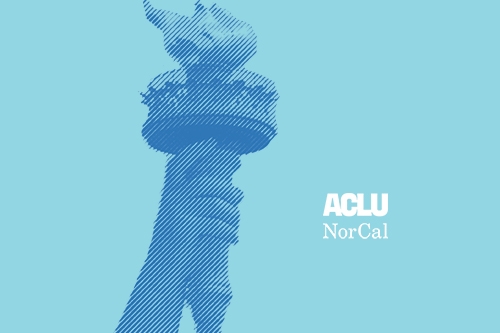Article Media

Sacramento – A U.S. District Court Judge ruled yesterday that the California Department of Transportation's equal opportunity program for contracting businesses can continue its mission to ensure that minority and women-owned businesses have equal ground to compete for federal stimulus funds and other federal contracts.
"Small businesses owned by women and minorities are a vital part of our State, employing thousands of Californians and strengthening the communities where they are located. It is essential that these businesses be allowed to compete on an equal basis for federally-funded contracts," stated Oren Sellstrom, Associate Director of Policy and Programs for Lawyers' Committee for Civil Rights of the San Francisco Bay Area (Lawyers' Committee).
"Caltrans' equal opportunity program is a smart practice that gives businesses a fair shot at competing for federal contracts," said Jory Steele, Managing Attorney at the ACLU of Northern California.
The San Diego Chapter of Associated General Contractors filed the lawsuit in 2009 – Associated General Contractors of America v. California Department of Transportation – in the U.S. District Court in Sacramento, seeking to invalidate the program. Lawyers' Committee, the American Civil Liberties Union (ACLU) Foundation of Northern California, Equal Justice Society (EJS) and the law firm Bingham McCutchen LLP represented the Coalition for Economic Equity and the San Diego Chapter of the NAACP in the suit. The groups moved for summary judgment in the case, requesting that the judge uphold Caltrans' Disadvantaged Business Enterprise program. Yesterday, summary judgment was granted, enabling the program's efforts to ensure equitable contracting for small businesses to continue.
"Federal equal opportunity programs, such as the one at issue in this case, are critically important to ensuring that businesses owned by women and people of color are not unfairly shut out of jobs and contracts," said Sara Jackson, staff attorney at EJS. "We are pleased that the judge was receptive to the breadth of evidence we presented indicating that marketplace discrimination continues to be a barrier for women and people of color."
"We are pleased with the Court's decision," added Sujal Shah, counsel at Bingham McCutchen. "It reaffirms a long line of decisions that recognize the importance of these types of programs in combating discrimination."
Caltrans' Disadvantaged Business Enterprise program has established a framework for ensuring fair participation in federally funded public works projects in California, but has faced challenges. In 2006, Caltrans suspended the program's race- and gender-conscious elements after a federal appeals court ruled that states had to document the existence of discrimination in the awarding of contracts. As a result, women- and minority owned business participation on Caltrans' federally funded projects plummeted – from nearly 11 percent in 2005 to just over 2 percent in 2009.
In 2007, an extensive disparity study commissioned by Caltrans documented discrimination against small businesses owned by women and minorities in federally funded contracts. Caltrans then sought approval from the U.S. Department of Transportation (DOT) to reinstate the suspended elements as a necessary remedy to such discrimination. DOT granted its approval in August 2008, noting that Caltrans has a duty under federal law to ensure that taxpayer dollars are not funneled into an exclusionary contracting system. In June 2009, Caltrans' procedures were challenged in a lawsuit filed by the Associated General Contractors of San Diego.
